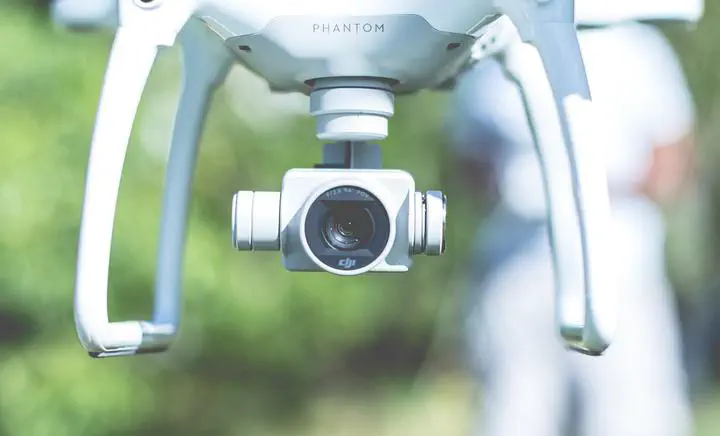Quantifying and Reducing Registration Uncertainty of Spatial Vector Labels on Earth Imagery
 Image credit: Unsplash
Image credit: Unsplash
Abstract
Given raster imagery features and imperfect vector training labels with registration uncertainty, this paper studies a deep learning framework that can quantify and reduce the registration uncertainty of training labels as well as train neural network parameters simultaneously. The problem is important in broad applications such as streamline classification on Earth imagery or tissue segmentation on medical imagery, whereby annotating precise vector labels is expensive and time-consuming. However, the problem is challenging due to the gap between the vector representation of class labels and the raster representation of image features and the need for training neural networks with uncertain label locations. Existing research on uncertain training labels often focuses on uncertainty in label class semantics or characterizes label registration uncertainty at the pixel level (not contiguous vectors). To fill the gap, this paper proposes a novel learning framework that explicitly quantifies vector labels’ registration uncertainty. We propose a registration-uncertainty-aware loss function and design an iterative uncertainty reduction algorithm by re-estimating the posterior of true vector label locations distribution based on a Gaussian process. Evaluations on real-world datasets in National Hydrography Dataset refinement show that the proposed approach significantly outperforms several baselines in the registration uncertainty estimations performance and classification performance.